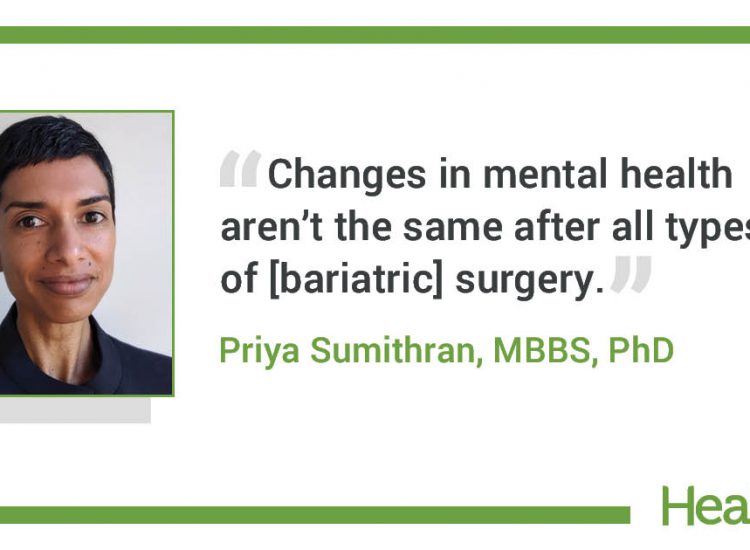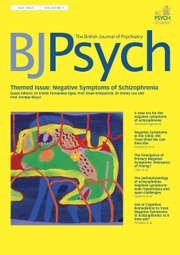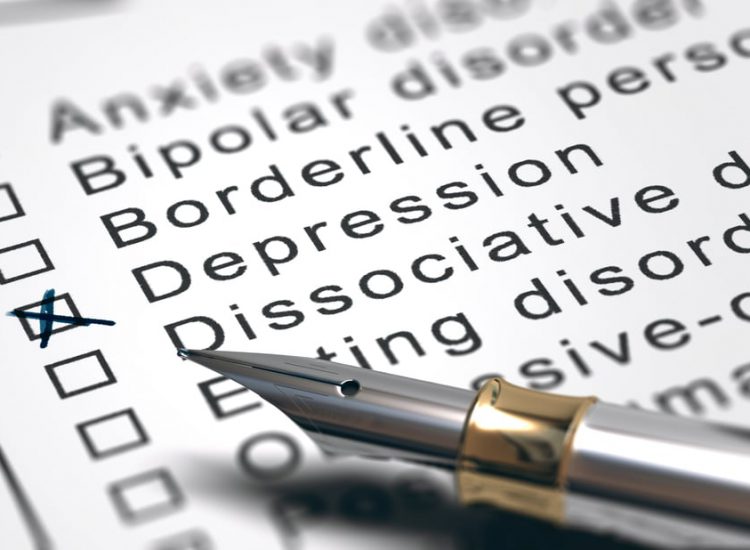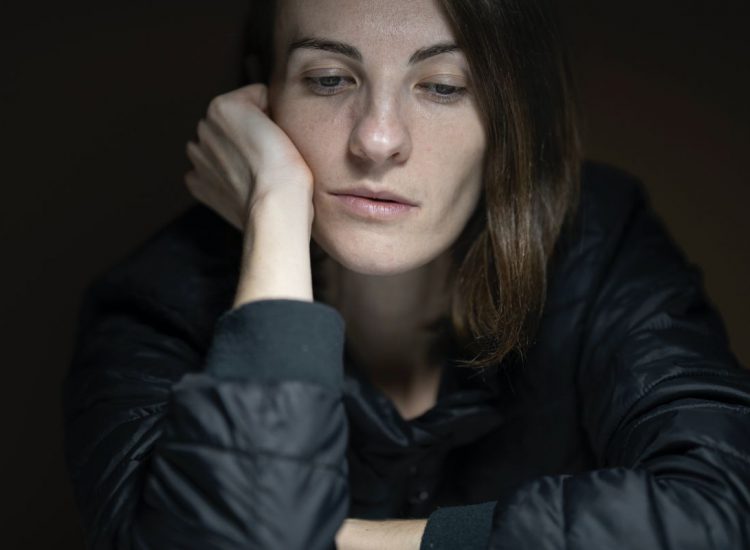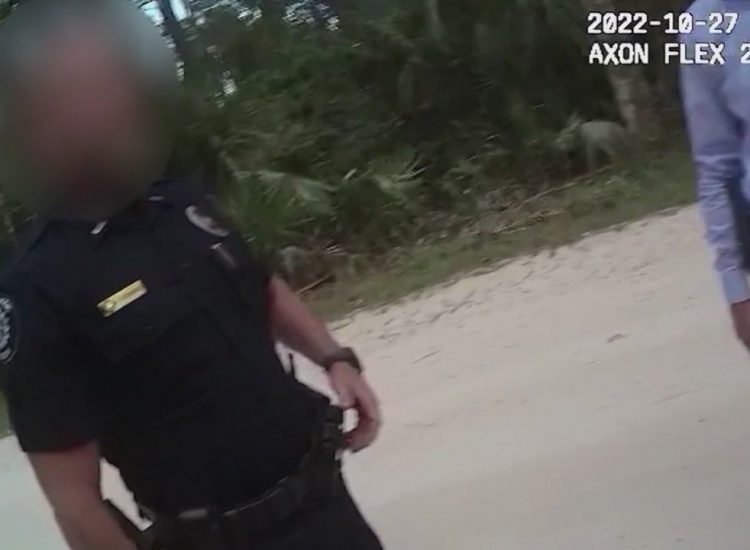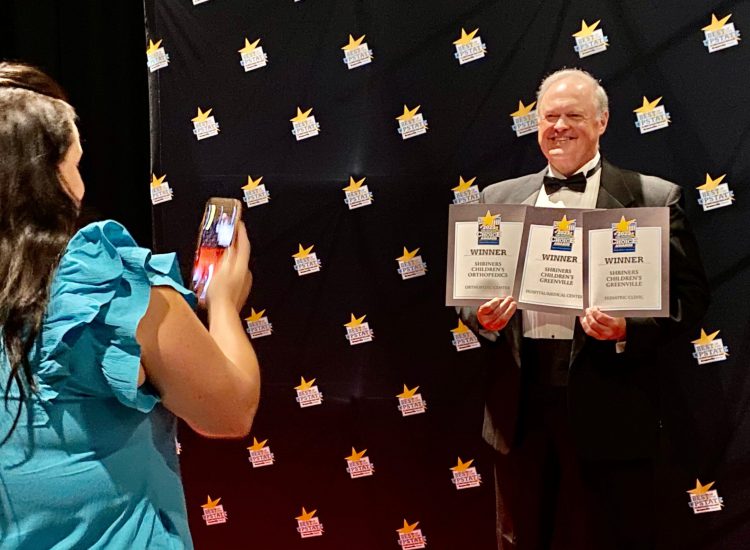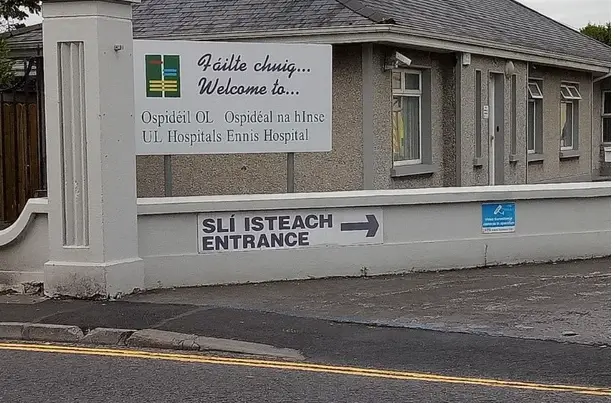Earlier this month, Australia turned the primary nation to grant approval for psychedelics for the therapy of psychological sickness, together with post-traumatic stress dysfunction and main melancholy. Though psychedelics have been approved to be used, full implementation by psychiatric professionals is anticipated to take longer as a result of extra safeguards concerning procurement and importation of those brokers. However, Australia’s actions signify a pioneering transfer in the direction of a paradigm shift in medical psychiatry.
The Advantages of Psilocybin and MDMA for Psychological Sickness Develop
Mounting analysis helps the efficacy of psychedelics within the therapy of psychological sickness. A 2022 publication within the New England Journal of Drugs demonstrated {that a} single dose of psilocybin at 25mg successfully ameliorated depressive scores amongst a cohort of 79 individuals. Analysis additionally signifies that MDMA-assisted psychotherapy is more practical amongst PTSD sufferers than common care or psychotherapy with out such augmentation. There stays ongoing debate over whether or not the hallucinatory expertise related to these brokers is instrumental—and even important—for the demonstration and sustainability of their therapeutic results. With few exceptions, psychiatry has traditionally maintained the place that hallucinations signify a necessity for therapy. Investigations hope to find out if therapeutic profit is feasible with out accompanying hallucinations. Nevertheless, this search could also be misguided.
Hallucinations With out Psychological Sickness
Hallucinations generally happen within the absence of a psychological sickness. Dreamlike states might produce hallucinations at sleep onset and offset, known as hypnagogic and hypnopompic hallucinations. These experiences are sometimes visible in nature and extensively accepted as benign occasions that don’t require therapy, though they might occasionally co-occur with sure sleep issues resembling narcolepsy.
Grief is a psychological state skilled by many people after a big loss and is commonly accompanied by hallucinations. In a 2021 survey of 310 older Danish adults, 42 % of individuals skilled bereavement hallucinations six to 10 months following the dying of their partner. Though hallucinations occurred in a number of sensory domains, seeing and listening to a deceased liked one had been particularly widespread, and these occasions had been usually perceived as comforting.
Related articles:
- https://gamesrt.xyz/the-idea-of-psychiatric-comorbidity-is-overused-and-poorly-understood/
- https://gamesrt.xyz/sru-analysis-focus_-examine-helps-set-up-pointers-for-leisure-therapists-utilizing-equines/
- https://gamesrt.xyz/hospitalization-dangers-for-psychiatric-problems-differ-for-adults-after-bariatric-surgical-procedure/
- https://gamesrt.xyz/psychological-well-being-respite-amenities-are-filling-care-gaps-in-over-a-dozen-states/
- https://gamesrt.xyz/replay_-stroll-off-rally-lifts-cypress-bodily-remedy-previous-river-ridge-for-ccs-prep-summer-season-league-title/
Ought to Hallucinations be Induced Therapeutically?
One facet of the talk that limits implementation of psychedelics for psychiatric indications is the potential induction of a psychotic state. The human expertise of hallucinations that co-occur with grief and sleep come up with out medical intervention. Some might really feel that the prospect of a psychological well being supplier inducing a hallucination willfully by use of psilocybin or MDMA is counterintuitive given psychiatry’s historic canon that hallucinations point out a psychological sickness. Nevertheless, the social valence of hallucinations as pathological or normative is deeply embedded in a cultural framework. Wallace described, in a basic 1959 paper, that though Western societies usually think about hallucinations as a symptom of psychological sickness, many non-Western societies don’t, and in reality, usually understand hallucinations as a therapeutic aspect of their explanatory fashions of medical illnesses.
The purposeful induction of altered states of consciousness for therapeutic worth in psychiatry is finest represented by hypnosis. Regardless of a large number of makes use of, medical hypnosis is usually acquired as a “fringe” therapy with out substantial profit.
To make certain, not all hallucinations are helpful, and a reasoned and thorough medical evaluation is warranted in any affected person with such experiences. I’m an emergency psychiatrist in a big metropolitan hospital tasked with assessing security amongst sufferers in states of disaster. Hallucinations are a frequent discovering in my affected person inhabitants. People who incur threat of self-harm, resembling voices directing a person to finish their very own life, are a particular focus of therapy and shouldn’t be dismissed. Moreover, analysis and medical equipoise for psychedelics should govern the strategy of the sphere; medical enthusiasm should be tempered by rigorous analysis of those brokers in well-designed research.
Cultural change is never seismic or fast. Psychedelics current a helpful pivot level in psychiatry’s cultural understanding of hallucinations and a transfer in the direction of recognition that these experiences usually are not routinely pathological. Adopting this lens can propel progress not simply within the medical care of disabling psychological sicknesses, but additionally in eliminating the stigma that sufferers expertise.
